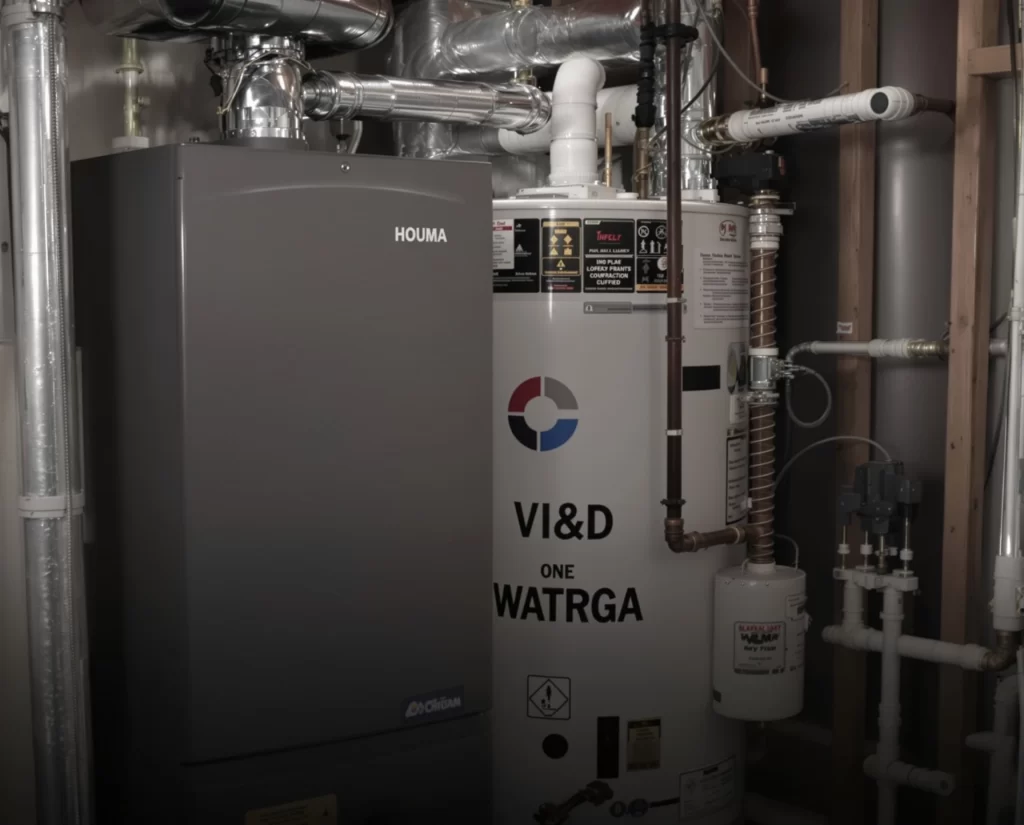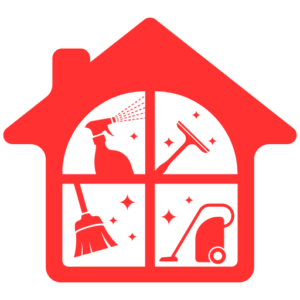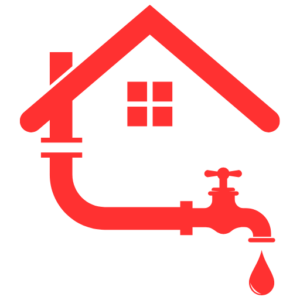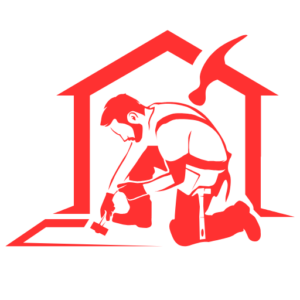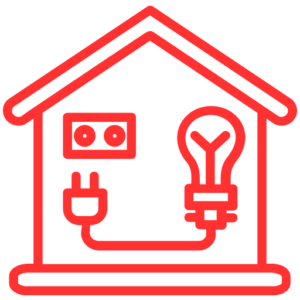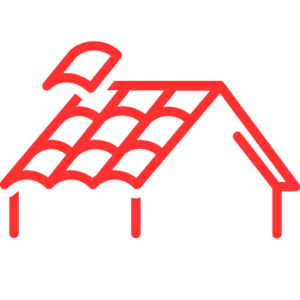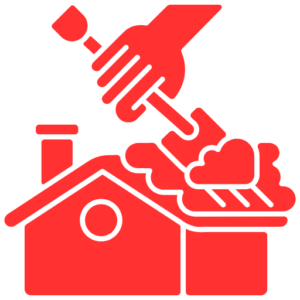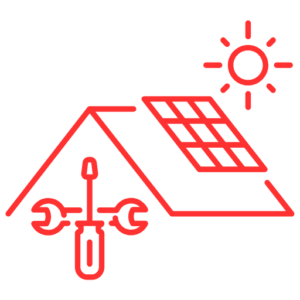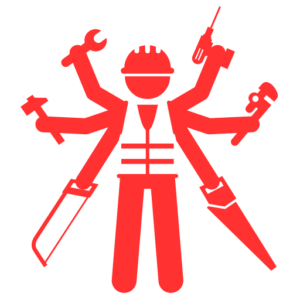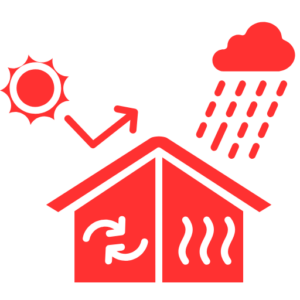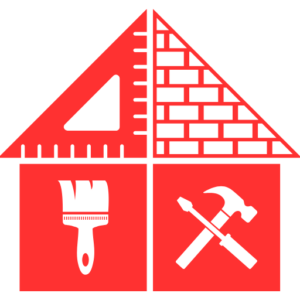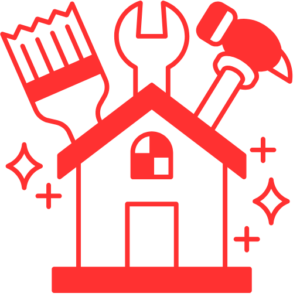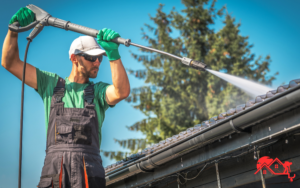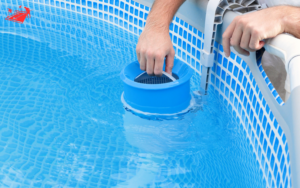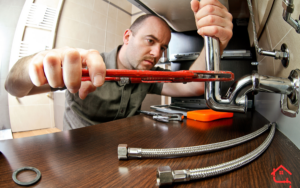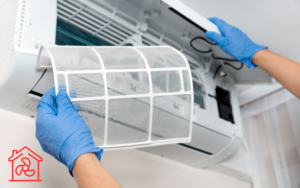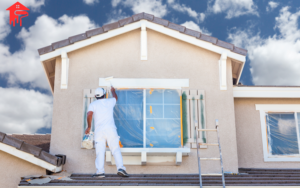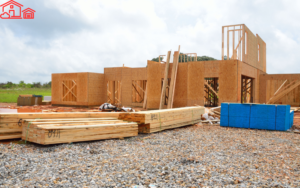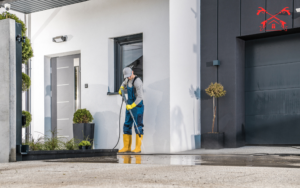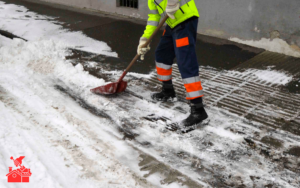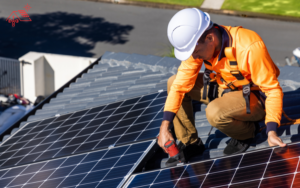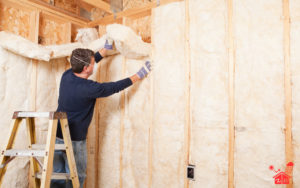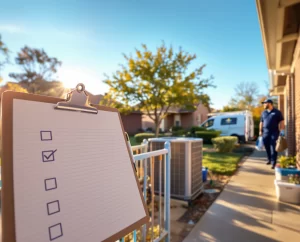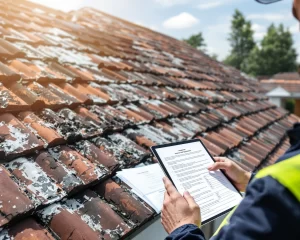How to Choose the Right Boiler for My Needs
Choosing the right boiler can be a daunting task, especially with so many options available. It's crucial to understand my heating requirements, energy efficiency, and budget before making a decision. This guide will walk me through essential factors to consider when selecting a boiler that meets my unique needs.
Understanding Different Boiler Types
Boilers come in various types, and each serves a distinct purpose. I need to familiarize myself with these options to make an informed choice.
Conventional Boilers
Conventional boilers are traditional units that store hot water in a cylinder. They’re ideal for homes with ample space and high hot water demands.
Combi Boilers
Combi (combination) boilers are compact units that provide both heating and hot water directly from the boiler. They are perfect for smaller homes where space is limited.
System Boilers
System boilers store water in a cylinder but connect directly to the mains supply. They are great for homes needing a high volume of hot water for multiple taps.
Key Factors in Choosing a Boiler
When selecting a boiler, several factors come into play to ensure I choose the right one for my home.
Heating Capacity
I need to determine the appropriate heating capacity based on my home's size and heating requirements. A wrongly sized boiler can lead to inefficiency and increased energy bills.
Fuel Type
Boilers can operate on various fuel sources, including gas, oil, and electricity. I should consider available fuels in my area and their costs before deciding.
Energy Efficiency
Choosing an energy-efficient boiler can save me money on utility bills in the long run. I should look for models with high efficiency ratings, such as A-rated boilers.
Installation Space
The available space in my home influences my boiler choice. I need to consider the dimensions of the boiler and whether I have a suitable area for installation.
Maintenance and Longevity
I should consider the maintenance requirements and expected lifespan of the boiler. Investing in a reliable model can minimize repair costs over the years.
DIY vs. Professional Services
While I might consider installing a boiler myself, the risks associated with DIY installation can be significant. Hiring a professional ensures compliance with safety standards and guarantees proper installation.
The Risks of DIY Boiler Installation
- Potential safety hazards
- Risk of voiding warranties
- Increased long-term costs if mistakes are made
Benefits of Hiring Professionals
- Expertise and experience
- Compliance with local building regulations
- Assurance of safety and reliability
Testimonials
“I couldn’t be happier with my new boiler! The installation was seamless, and the professionals were very knowledgeable.” — Sarah L., Santa Ana, CA
“The team made choosing the right boiler easy. They listened to my needs and guided me through the process perfectly.” — Mike D., Santa Ana, CA
“Best decision ever! They installed my combi boiler efficiently, and my energy bills have noticeably dropped!” — Emily R., Santa Ana, CA
Data and Costs to Consider
While evaluating my options, understanding the costs associated with different boiler types is critical. I should calculate installation costs, potential maintenance expenses, and the overall longevity of the unit.
Did You Know?
Did you know that upgrading to a modern, energy-efficient boiler can save me up to 30% on my heating bills?
TL;DR Summary
- Assess the size and heating capacity needed for my home.
- Consider fuel type and installation space before purchasing.
- Energy efficiency should be a primary focus for long-term savings.
- Hiring professionals ensures safety and compliance.
FAQs
1. How do I know what size boiler I need?
To determine the right size, I can perform a heat loss calculation for my home or consult a heating professional. This assessment considers factors like the size of my home, insulation quality, and local climate.
2. How long do boilers typically last?
Most modern boilers last around 10 to 15 years with proper maintenance. Regular servicing can extend their lifespan and ensure they operate efficiently.
3. What type of boiler is best for a small home?
For a small home, a combi boiler is often the best choice as it provides heating and hot water without the need for extra storage space.
4. Are energy-efficient boilers worth the investment?
Yes, energy-efficient boilers may have a higher upfront cost but can result in significant savings on energy bills over time, making them a smart investment.
5. How often should I service my boiler?
I should have my boiler serviced at least once a year to keep it running efficiently and safely, and to catch any potential issues before they become serious problems.


